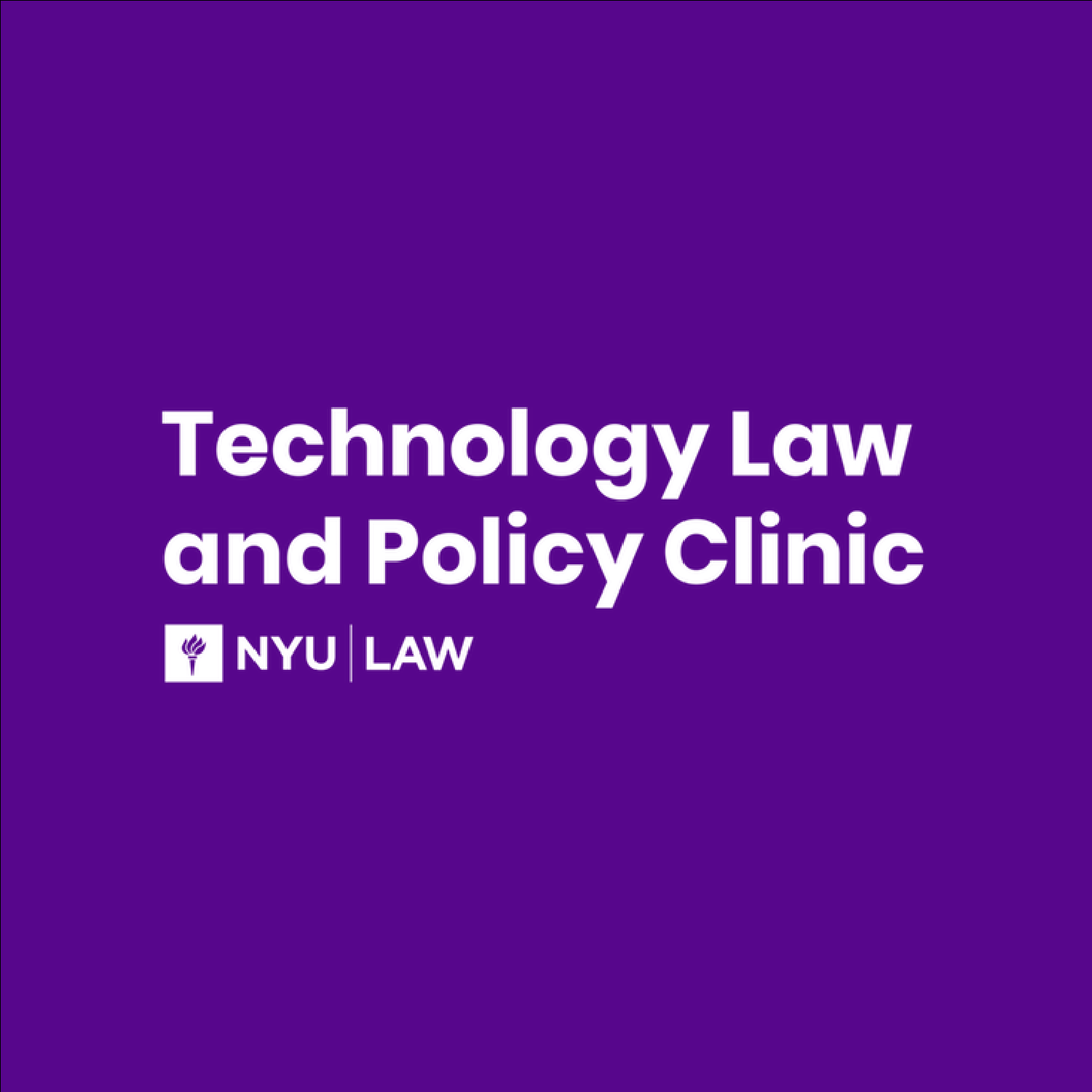ACLU, EFF, and Knight First Amendment Institute: X Corp. Can’t Weaponize Social Media Platform Terms of Service to Bypass First Amendment Protections for Speech in the Public Interest

By Rebecca Delaney (‘25) and Maeve O’Brien (‘24)
Have you ever wondered how journalists and researchers gain insight into the risks and realities of social media platforms, like the spread of mis- and dis-information, racist ad-targeting, or broken promises of brand safety? The answer is through automated data collection—often referred to as scraping—and it’s at the heart of a federal lawsuit filed in the Northern District of California by X Corp. (formerly Twitter) against the Center for Countering Digital Hate (CCDH).
X’s core claim is that CCDH breached its terms of service by scraping the platform for research purposes, and then publishing reports critical of the platform based on its research. X seeks tens of millions of dollars in damages based on alleged lost advertising revenue it attributes to reputational harm caused by CCDH’s reports.
On behalf of the American Civil Liberties Union, American Civil Liberties Foundation of Northern California, Electronic Frontier Foundation, and Knight First Amendment Institute at Columbia University, NYU Law’s Technology Law & Policy Clinic helped to file an amicus brief—drafted by law students Maeve O’Brien (‘24) and Rebecca Delaney (‘25)—arguing that a platform like X cannot weaponize contract law, and in particular its term of service prohibiting scraping, against researchers who gather publicly available information to support critical speech on a matter of public interest. The brief argues that the court should decline to enforce the scraping prohibition as void for public policy.
In selectively enforcing its anti-scraping term against CCDH, X was attempting to circumvent the high bar for defamation claims by instead bringing a breach of contract claim. Such a tactic runs afoul of California’s public policy of protecting those who speak in the public interest, enshrined in the First Amendment, the California Constitution, and the California anti-Strategic Litigation Against Public Participation law, which allows defendants to move for swift, early dismissal of lawsuits filed to retaliate against those who participate in debate over matters of public import.
“This case is not about a breach of contract. It’s about using contract law to plead around the First Amendment.” Delaney said.
The brief also emphasized the importance of scraping as an investigative technique for studying large and complex digital forums like social media platforms. Scraping has become a bedrock for social science research. Allowing companies to enforce anti-scraping terms would chill such research: A recent Reuters survey found that over 100 studies about X had been diverted, stalled, or canceled, with over half of those interviewed citing a fear of being sued by X.
“We were happy to be able to highlight to the court how important scraping is, and the consequences of enforcing terms prohibiting it when it enables speech on matters of public interest,” O’Brien said.
